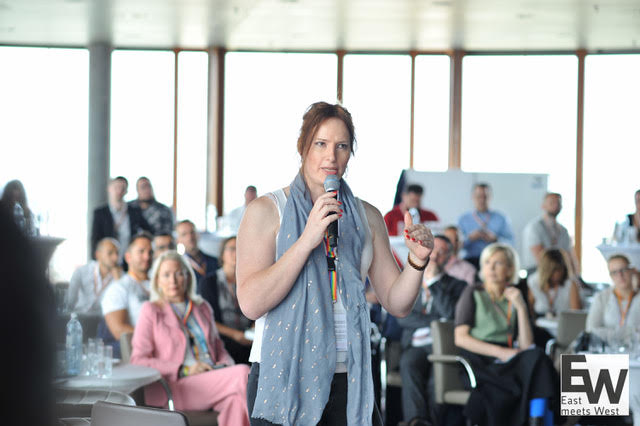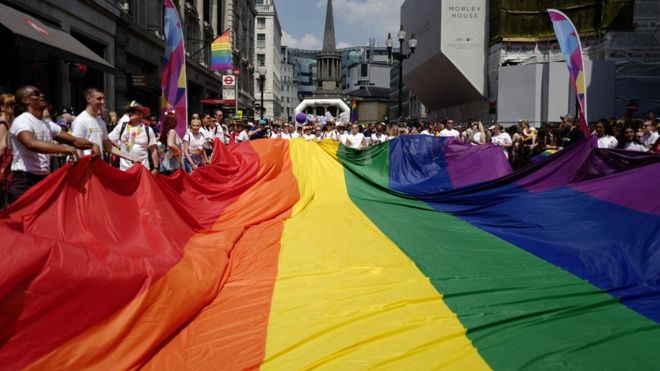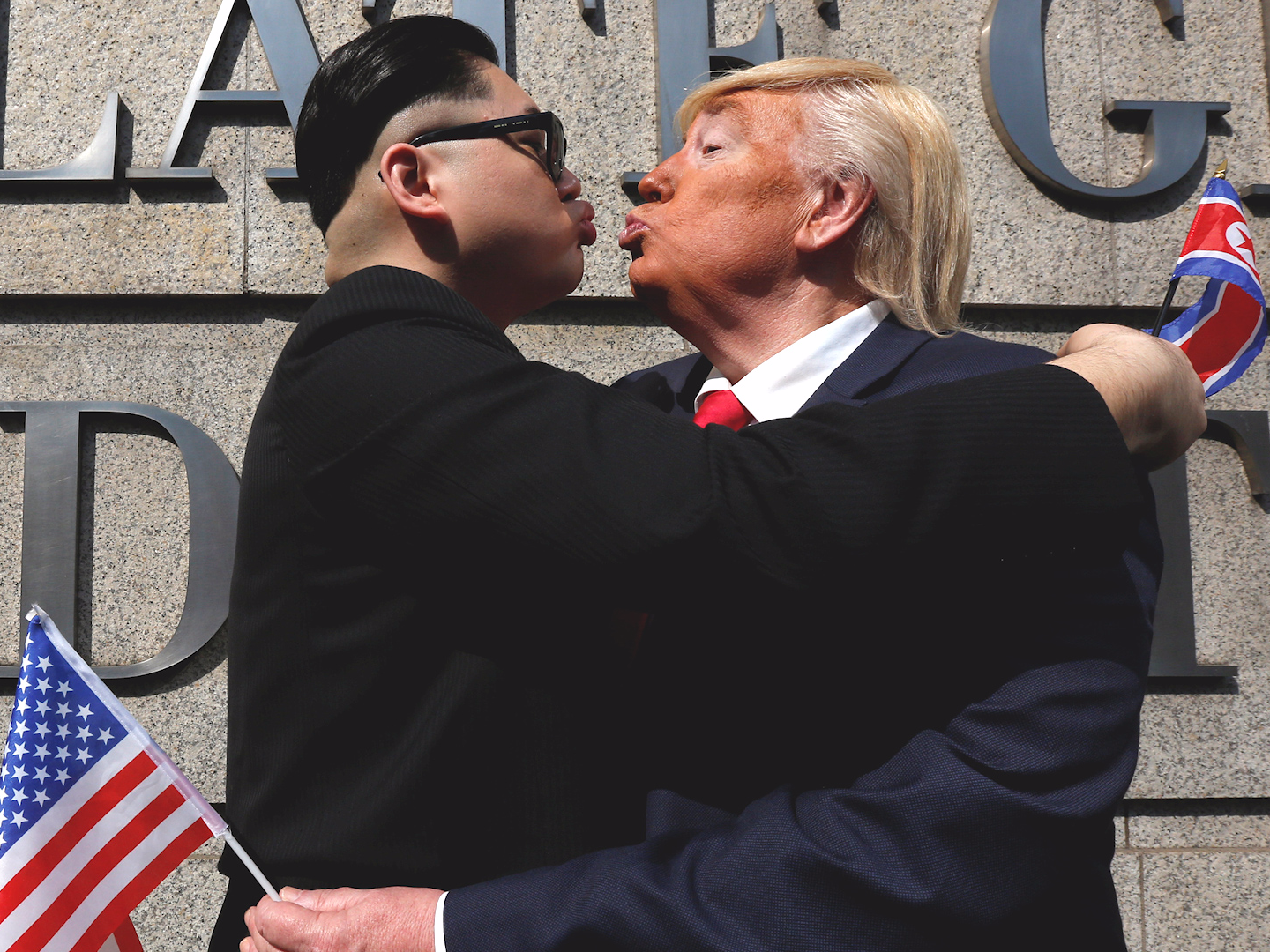A few weeks ago I got invited to talk at the LGBT Business Conference East meets West in Vienna. My talk was to share what Series Q does in the UK. In short, Series Q is community for LGBT entrepreneurs and people working in start-ups to learn, share and connect with each other – with the aim to be (even) more successful in what they do. Many LGBTQ+ entrepreneurs don’t come out to their investors for fear of either not getting or losing funding. Equally, staff in start-ups struggle more compared to larger organisations with affinity groups.
The East Meets West Conference brought together diversity business leaders, NGOs and individuals to share what they are doing across Europe to ensure equal rights for LGBTQ+ people in business.
Sometimes you need events like this to highlight things that are obvious – but you never seen them until they are shoved in your face, like a big sweaty armpit on the daily commute in London on these hot days.
We’re Not All Equal in Europe
It was very clear Europe does not have equal rights for LGBTQ+ people. Just look at the map of Europe – the West has far more equality than the East. Venture just a little more East into ex-Russian areas and it’s even more polarised.
East Meets West is a very appropriate title – as things are not equal in Europe. More scary still they are not equal in the EU.
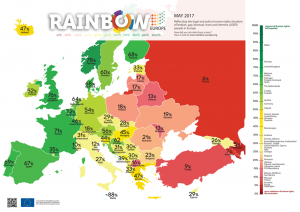
Progress is being made. Of course Ireland in recent years has found a vocal progressive stance – hard to believe from a Catholic country 10-20 years ago. But other countries are struggling – the right-wing are on the rise again.
Rome once a top destination in Europe for LGBT people is heading backwards – still struggling to square religion and hard-line right-wing politics fuelled by immigration fears that are manifested from a hatred of things “not like us”.
The demonic cries of “First the get the Poles out, next the gays” is simply terrifying, and feeling more and more real every day.
I can’t imagine having to need to hide my LGBT status – I do know that at times it would have been impossible. And certainly not possible to live the life I do now. There is no way I could have existed in my present form.
Of course legal discrimination and society prejudice means a lack of health care – both physical and mental health. Compound issues for LGBT people.
This means that in the LGBTQ+ community reliance on the more privileged (inside and outside the community) is required to help enact change. Business leaders, politicians, the wealthy (often the same people) – in country where it is illegal to be gay, who exactly from this ‘elite’ is going to try and influence this?
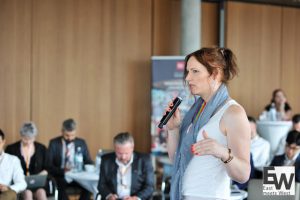 Business Is Key to Change
Business Is Key to Change
Globalisation will help change thing for LGBTQ+ people. International business have a power – the power of their consumers and their employees. In a business that spans boarders employee rights and consumer values means that business needs to treat people equally.
In the 1990’s in the UK – the pink pound was the range. Of course this typically focused on gay men, rather than gay women. Let’s not forget that gay women are still part of the lowest economic groups – women still earn less on average than men – meaning a lesbian couple are likely to earn less on average than a straight couple. Scary but true! The pink pound has progressed – in most Western countries homophobic discrimination is protected under law, and homophobic behavior called out for being unacceptable. It is not longer a pink pound – but a rainbow one as it’s not just the LGBTQ+ people choosing to spend their money with organisation that promote equality – everyone is.
